A spokesperson of China's Foreign Ministry on Thursday strongly rejected claims of "forced labor" in Xinjiang, following a BBC report that tomato purees sold in several British supermarkets may contain ingredients sourced from the region, purportedly linked to "forced labor".
We have repeatedly emphasized that there is no forced labor in Xinjiang, and the Chinese government has always firmly opposed and severely cracked down on forced labor. Xinjiang's tomatoes, like its cotton, are high-quality products globally recognized, spokesperson Lin Jian said, noting that with over 90 percent of tomato harvesting and 85 percent of cotton harvesting in the region mechanized, how can "forced labor" be plausible?
He criticized the BBC report for relying on subjective and unverified claims, highlighting the lack of factual evidence supporting the allegations of forced labor linked to Xinjiang tomatoes harvesting.
"The life of news lies in its truth. Not believing in rumors, not spreading rumors, and not listening to or believing in biased views are the minimum requirements of journalistic ethics and the basic qualities of a fair and objective media," Lin said.
Much of the so-called "evidence" in the BBC report and video was centered on subjective assumptions such as 'claims' and 'feelings,' which lacked verification, Lin said. He also accused the BBC of basing on preconceived notions, taking things out of context and making unfounded claims that forced labor exists in tomato harvesting industry in Xinjiang.
Lin further criticized the BBC's investigative approach, noting that while relevant reporters spent months studying various tomato sauces, yet they are unwilling to spend a second to understand the truth about Xinjiang. "This is a typical case of double standards and bias," Lin remarked. "Some individuals with ulterior motives continue to sensationalize forced labor claims to gain attention, with a host of so-called directors and actors as well as a stream of so-called testimonies and reports."
Last week, they hype about Xinjiang cotton, and this week it's about Xinjiang tomatoes. Will next week see the same manipulation targeting Xinjiang's solar energy, carrots, or even its beef and lamb? Lin questioned.
Lin stated that no matter how much these allegations are spread, they cannot change the fact that Xinjiang products are of high-quality, nor can they undermine Xinjiang's economic and social stability and development.
I hope that relevant parties can recognize the sinister intentions behind the lies of "forced labor." I also encourage everyone to visit Xinjiang, take a look around, taste the local tomatoes, experience life in Xinjiang, and feel the real Xinjiang, Lin said.








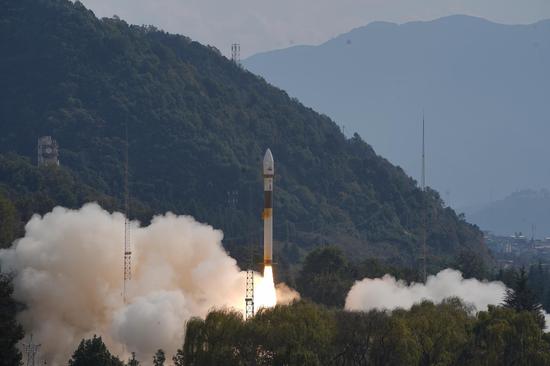
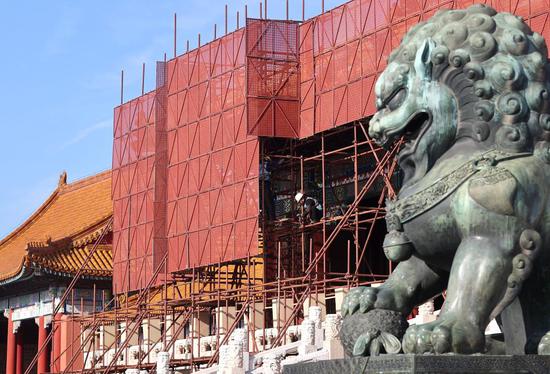
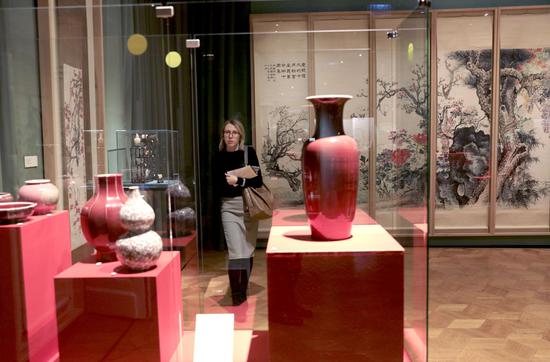
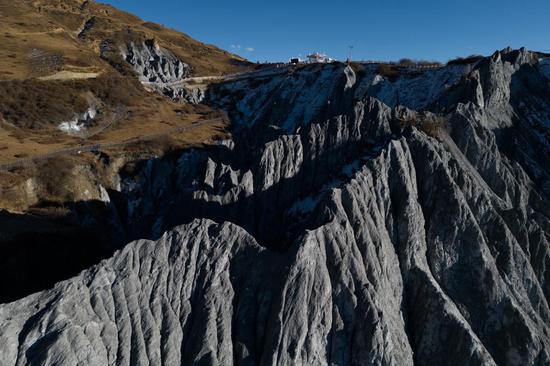
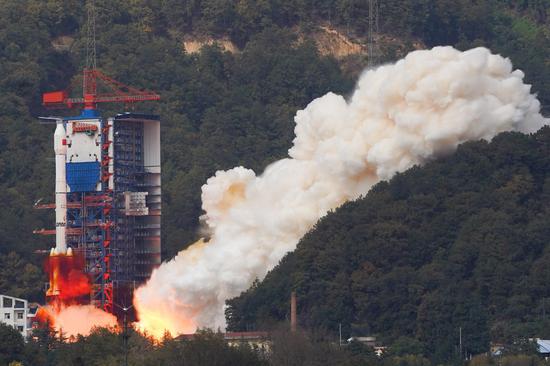
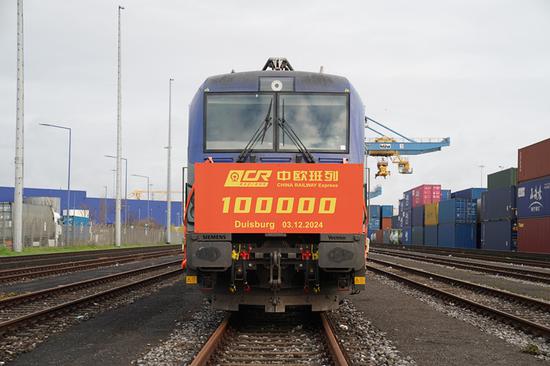
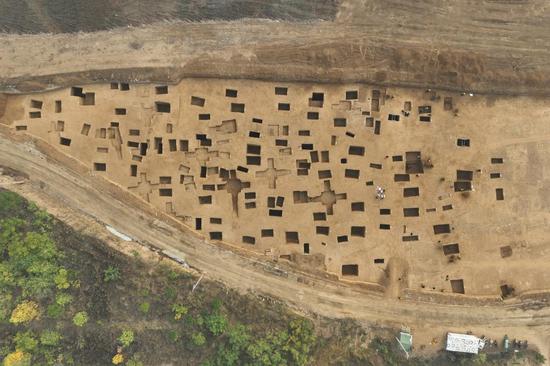
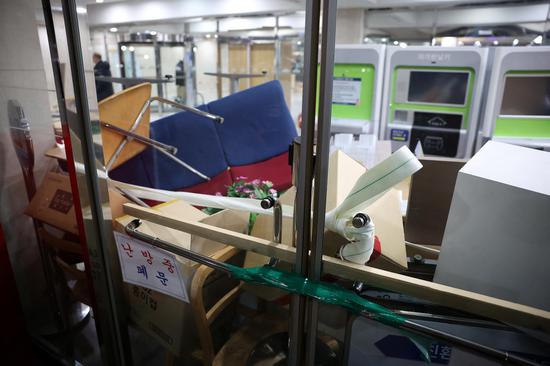
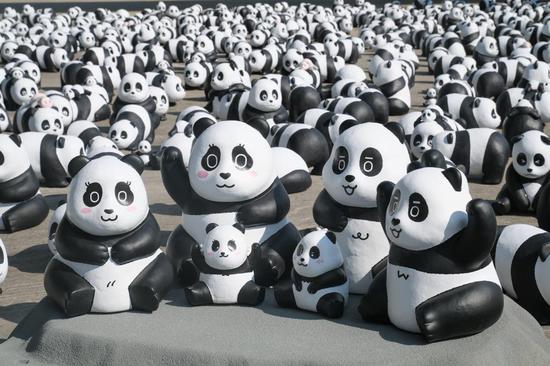




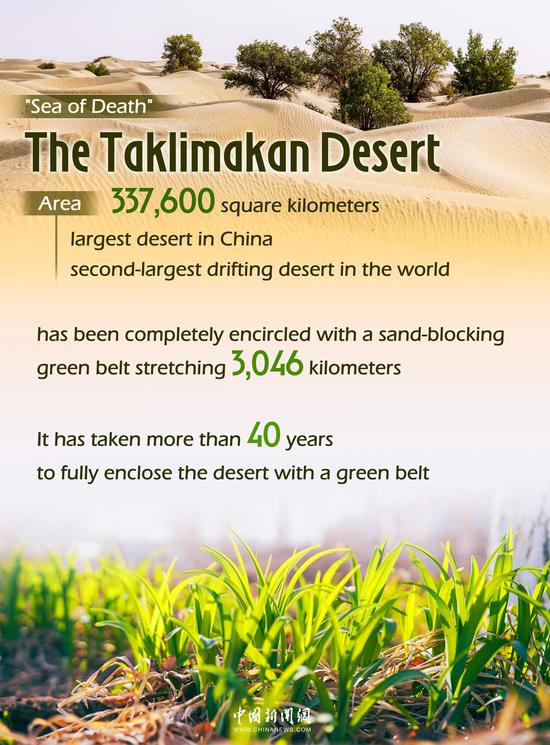
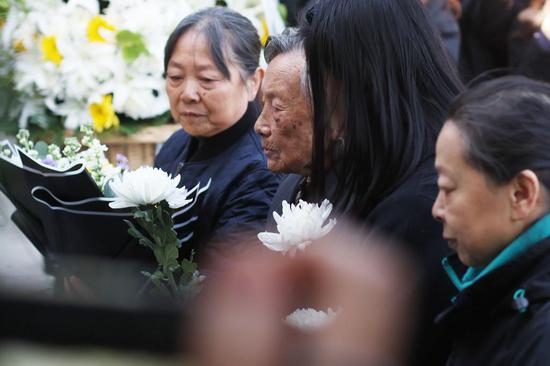

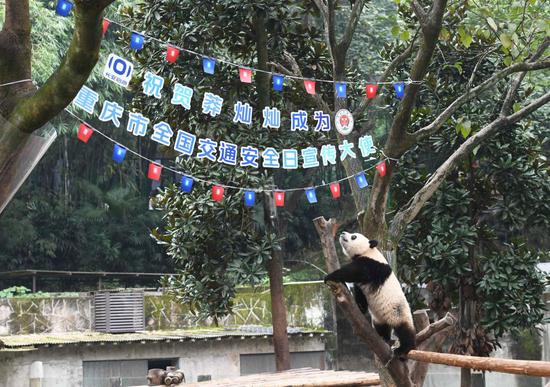
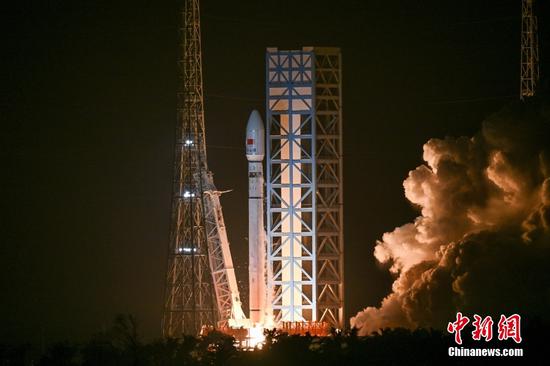

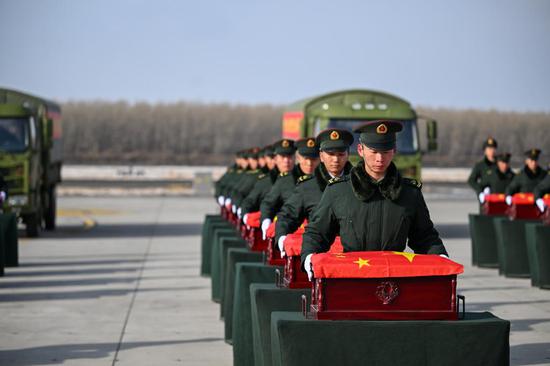
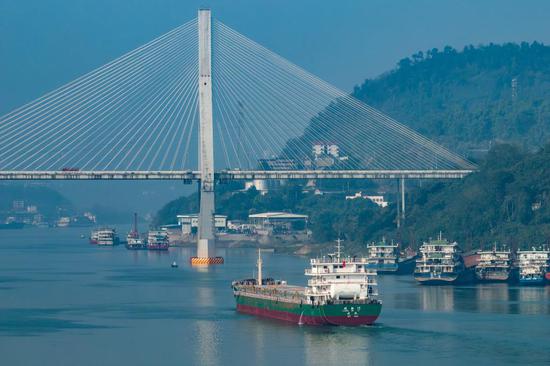
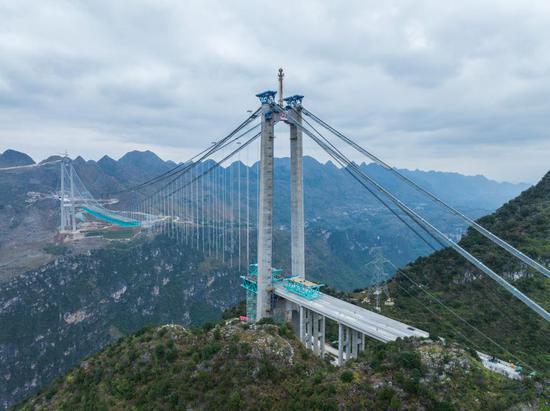


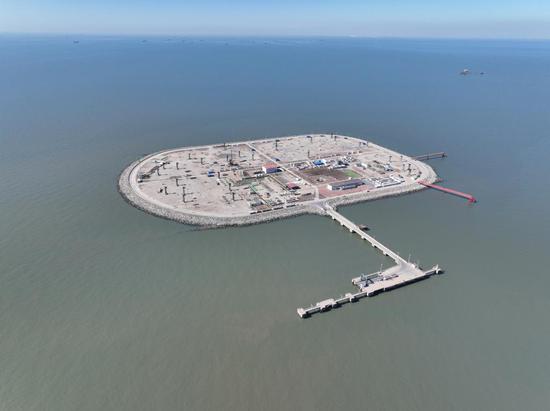

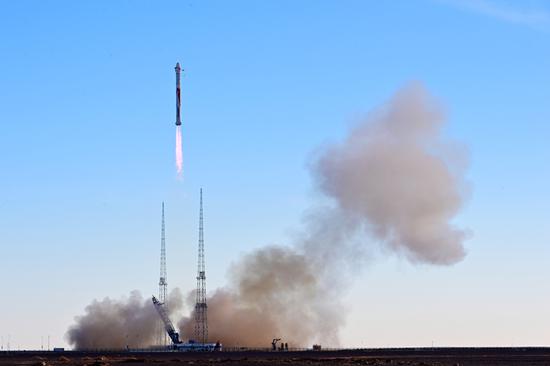
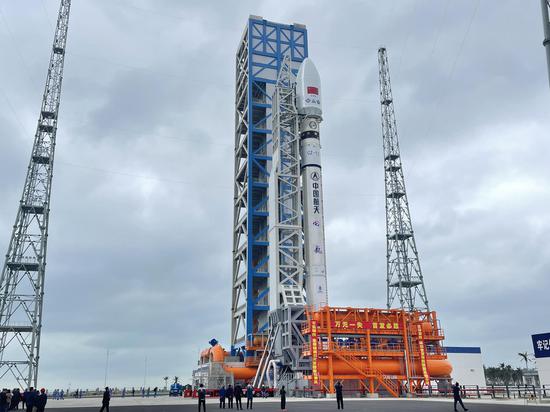
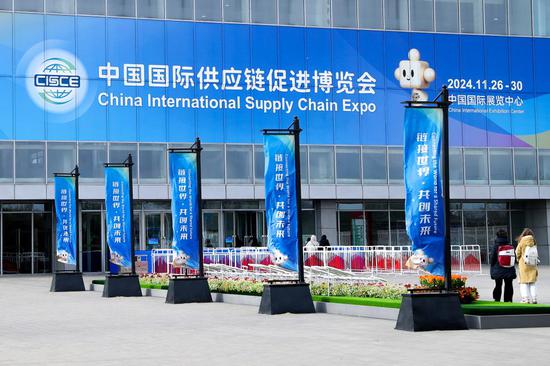
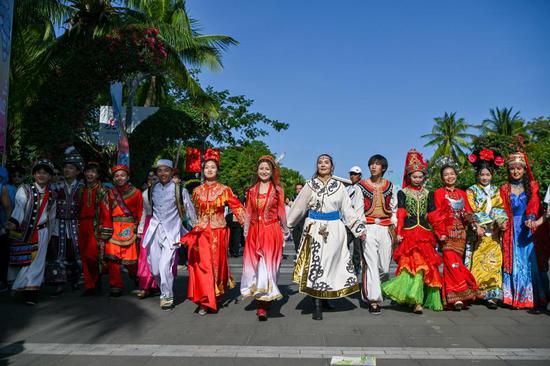
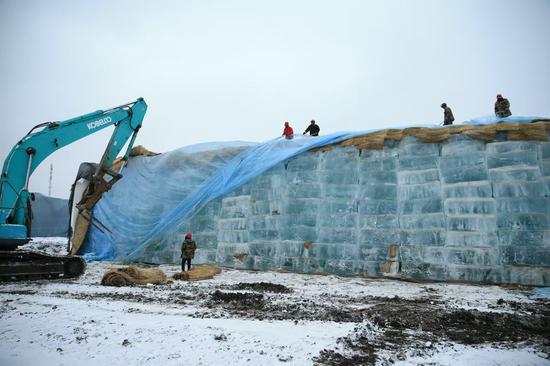
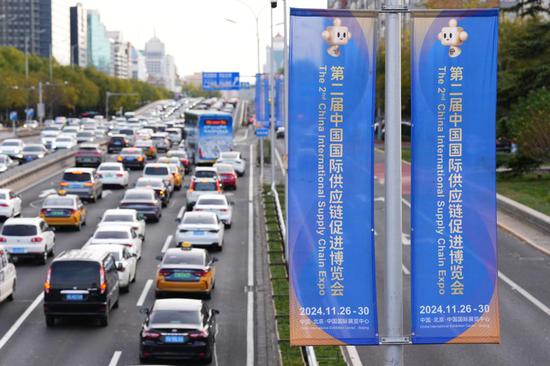


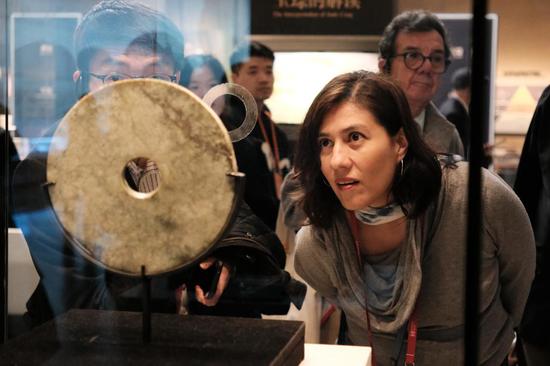
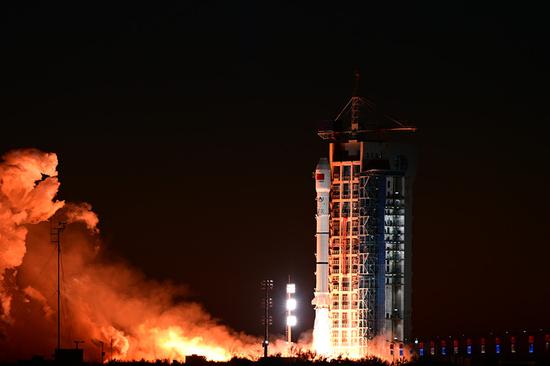


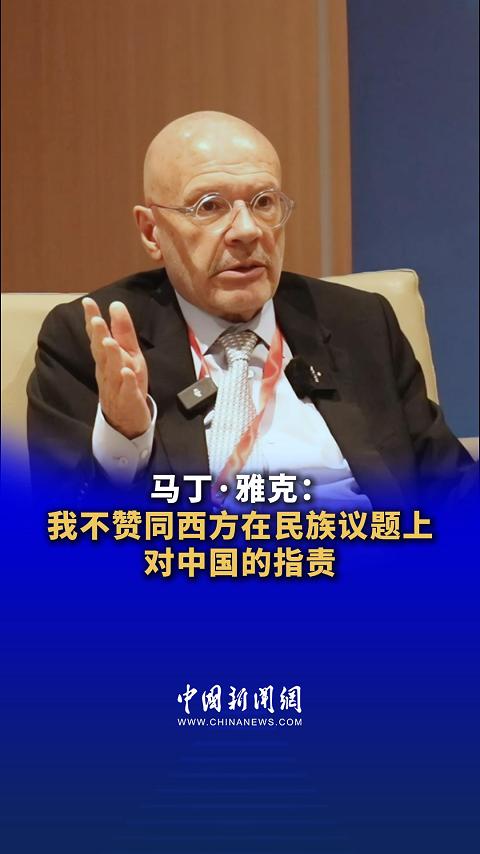

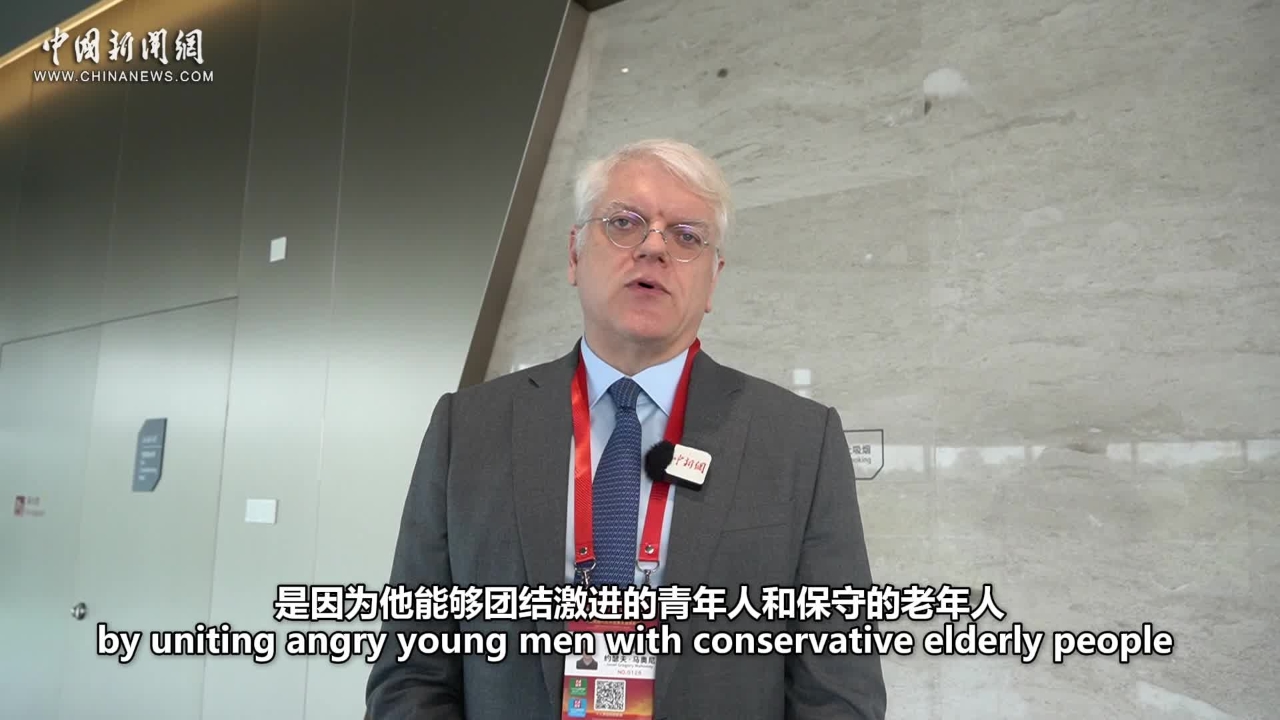

 京公网安备 11010202009201号
京公网安备 11010202009201号